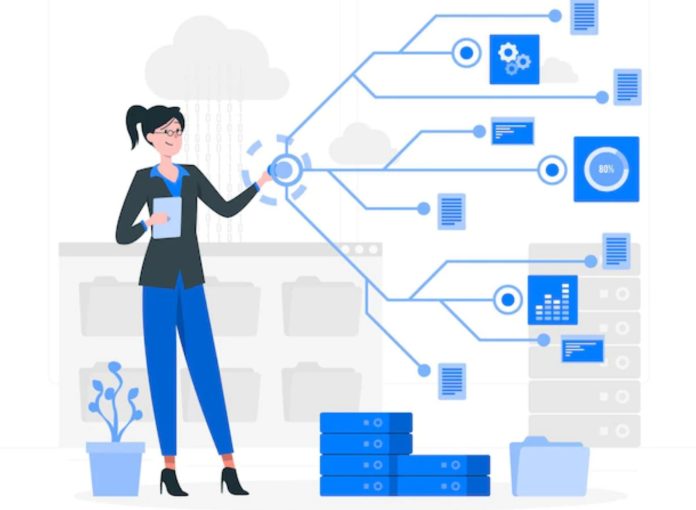Developer data platforms (DDPs) have come a long way since its inception. After the advent of the cloud warehouse in 2014, we entered the modern era of DDPs being offered in the form of Platform-as-a-Service (PaaS) and Software-as-a-Service (SaaS). Forbes attributes the rapid DDP growth to modern companies’ need to link to the public cloud. In a highly competitive business landscape, adapting to new information at top speeds is indeed necessary. In this article, we’ll be diving into the five key things to look for in a developer data platform.
1. Comprehensive
Modern DDPs are essentially the technological base to which several other data tools are connected to. This is why they must operate well enough for developers that use them as a single point of integration whenever they build new applications. Fortunately, most of today’s top choices are equipped with performance dashboards, data catalogs, security controls, cloud options, and several other features that form the modern data stack. It also helps if the DDP has intuitive features that make it accessible even to beginner developers.
2. Scalable and Flexible
One of the most important qualities to look for when choosing between DDPs is scalability. Since a lot of developers and businesses have a lot of considerations when it comes to budgeting, it’s important to prioritize developer data platforms that allow you to scale up and down. MongoDB’s developer data platform can adapt according to your data needs quickly and will enable you to accelerate time to value. Scalable DDPs are suitable for developers making programs that are meant to accommodate spikes and busy periods.
3. Operational Efficiency
According to 2020 statistics from Impact, nearly half of businesses that implemented Internet of Things (IoT) policies have shown increased business agility and improved operational processes. Back in the day, data silos were the norm, and dissecting crucial information was only possible with the help of data professionals. But thanks to DDPs, companies can now gather information faster and create better programs. DDPs make operations more cost-efficient too, since most providers charge according to a usage-based model.
4. Security Features
As the world becomes increasingly online, we also face an increase in the threats faced when it comes to cybersecurity. You’ll want to choose a data platform that complies with all laws, regulations, and industry standards. One of the technologies to also look out for is queryable encryption, which gives developers the ability a simple and intuitive way to query encrypted sensitive data. Overall, qualities to look out for would be things like access control and end-to-end encryption. Firm security defaults will allow developers to build with confidence without compromising the ability to create rich application experiences.
5. Evolving
Finally, you want to go with a developer data platform that evolves and grows with you. More than the free tiers that most DDPs provide, fully investing in services in conjunction with traditional file hosting services like Google Drive and Dropbox will be beneficial to any enterprise in the long run. That said, investing in providers with adaptable data management and ones that integrate corporate solutions is best. For useful business intelligence, integrations of predictive machine learning and artificial intelligence will be very valuable as well.
Final Word
Moving forward, we expect more and more advances in DDP technologies. Different approaches to data such as the traditional data consumption model versus the data product model, as well as newer tools and processes will continue to emerge. A Medium article explains the goal of data-driven companies as wanting to “make better decisions at a lower cost and at the best time”, which is exactly what DDPs assist them with. Of course, the choice of which DDP to go for depends largely on your resources and your goals as a developer or entrepreneur.


































